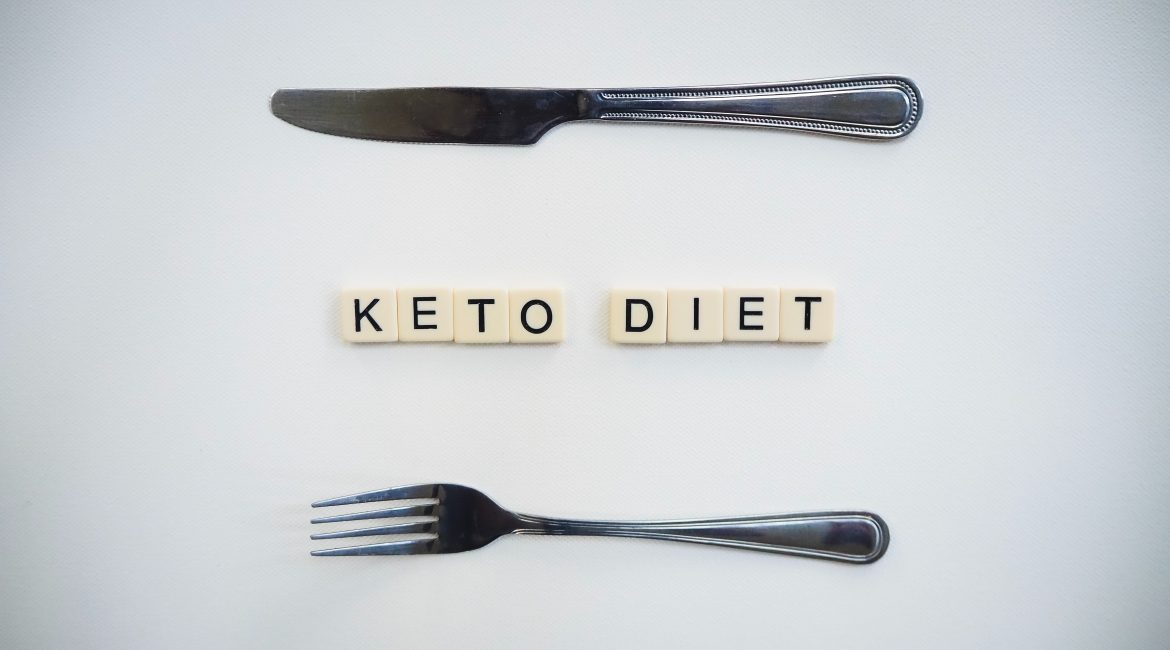Keto is short for ketogenic, which is when your body enters a state of ketosis and burns fat instead of glucose. There are elevated ketones in your blood and urine. Ketones are a fatty substance that forms when the body burns fat for energy. This shouldn’t be confused with ketoacidosis, which occurs in type 1 diabetes and occasionally in type 2. While both involve ketones, they’re quite different. Ketoacidosis is dangerous and occurs when there’s not enough insulin. On the other hand, ketosis involves far lower levels of ketones and can occur in almost anyone. It’s the state that not only leads to weight loss, but weight loss in important areas, like the belly.
The keto diet is a low carb, high fat diet that may be good for type 2 diabetics.
Whether you’re insulin resistant, have prediabetes or type 2 diabetes, lowering blood sugar levels and losing weight can help you. The keto diet does that and more. One study showed that people who used the keto diet not only lost weight but required less medication and had lower A1c levels. Nutritional ketosis can also help the body respond to insulin levels. While the studies look good for type 2 diabetes, there are still questions about long term effect of the diet.
Type 1 diabetics need to be closely monitored on a keto diet.
Type 1 diabetics face more risk of ketoacidosis. So, checking with a health care professional and closely monitoring the diet is important. Most health care professionals agree that going slowly, such as using a low carb diet before a keto diet, can help identify any problems without as much risk. It can lead to weight loss that is unwanted by some thinner diabetics. It can also lead to a problem with insulin intake, requiring a lowered amount, which is why monitoring is so important.
Risks for all diabetics from the keto diet.
Hypoglycemia means your blood sugar dips too low. That can occur with the keto diet for a number of reasons. Just lowering blood sugar levels so the body can use fats for energy can cause hypoglycemia. Lowered A1c levels increase the risk for deeper dips. Nocturnal hypoglycemia is another problem caused by this low carb diet. Since the diet is high in fat, it may increase the risk of heart disease by raising cholesterol levels. Low carbs also reduce the types of foods you can eat, limiting vegetables, fruit and dairy. That can deplete nutrients.
- The high fat in the keto diet might overwork the liver and kidneys, since they help the processing of fats and protein. Always check with your doctor first, even if your organs are healthy.
- Another problem that may occur from the keto diet is gallstones developing. Not only are you losing weight quickly, but you’re also increasing your fat intake. Make sure you consume a diet higher in fiber and focus on healthy fat to reduce the risk.
- Diabetics are already at higher risk of heart disease. If you are diabetic and use the keto diet, make sure your fats come from healthy, mono and polyunsaturated fats, like avocados, nuts and olive oil.
- Keto diets are hard to stick with, whether you’re a diabetic or not. It can cause you to feel tired initially until your body adapts. It also can cause constipation. Try easing in on a keto diet with a low carb diet, reducing the carbs little-by-little.
For more information, contact us today at Targeted Nutrition Technologies

